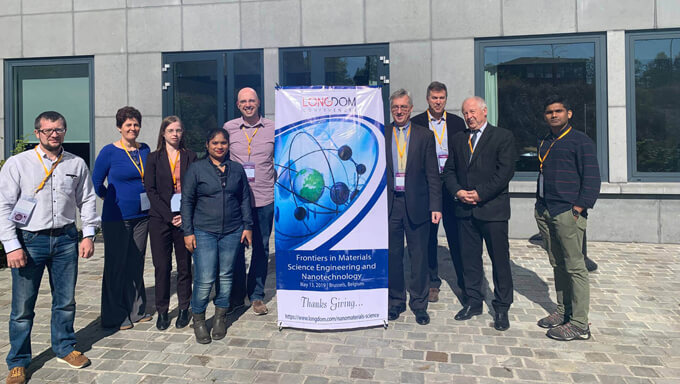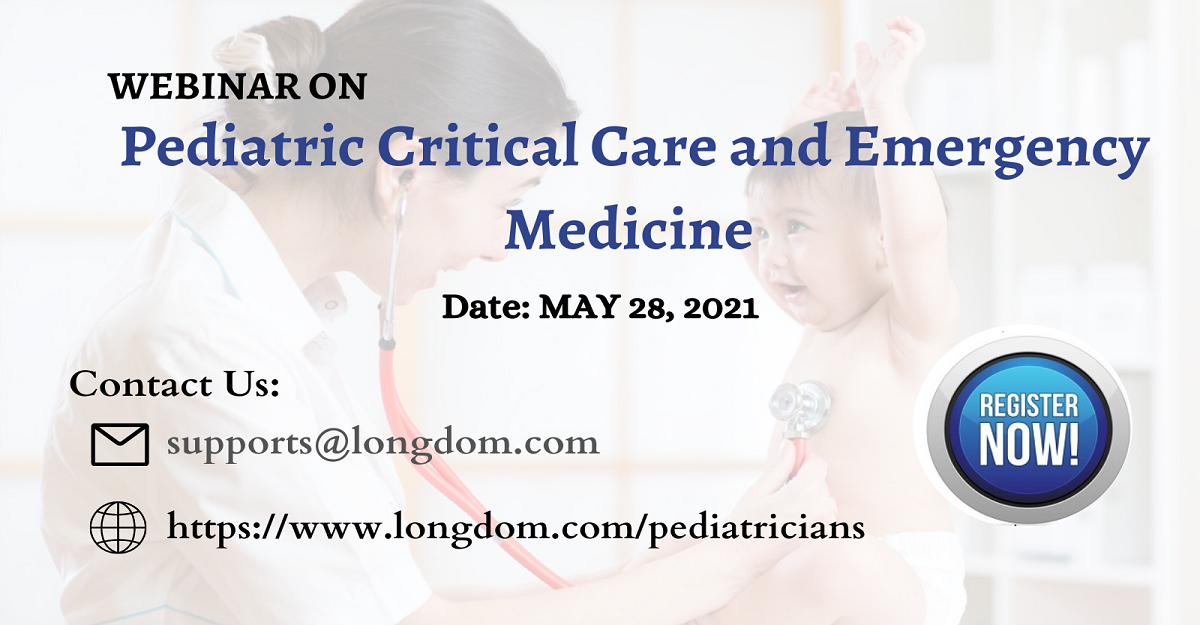







Pediatric Critical Care deals with children who are seriously ill and in unstable condition and need immediate attention and cure to live. The unstable condition may include severe asthma, deep diabetic ketoacidosis, infections like pneumonia and serious injuries from accidents like cares, bicycles, skateboard or rollerblades or near drowning. In case if the child is critically ill and requires careful monitoring, he is placed in pediatric intensive care unit (PICU). There the pediatric critical care doctors work in close with the PICU nurses and doctors to stabilize the condition of the child.
Emergency medicine deals with the immediate condition of the patient, his seriousness of injury and how to stabilize his condition. These medicines are targeted towards improving the current unstable condition of the patient and they are generally not given for long term. Emergency medicine for Pediatric also is a different section of emergency medicine which deals with kids, neonates and adolescents. Since from the age of 0-18 years, the body keeps growing and especially in the period of 0-5 years the neonate cannot be treated as a “small adults”, special care has to be taken when treating them under emergency conditions.
Child trauma refers to a scary, dangerous, violent or life threatening event that happens to a child (0-18 years of age). This type of event may also happen to someone your child knows and your child is impacted as a result of seeing or hearing about the other person being hurt or injured.
Immune deficiency (or “immunodeficiency”) is the term for any of a number of conditions in immune system loses part or all of its ability to fight infectious disease. In some cases, immune deficiency can also affect the body’s ability to perform its natural function of attacking cells that may become cancerous. A person who has an immunodeficiency of any kind is said to be immunocompromised.
Pediatric sepsis is generally considered to comprise a spectrum of disorders that result from infection by bacteria, viruses, fungi, or parasites or the toxic products of these micro-organisms. Early recognition and intervention clearly improve outcome for infants and children with conditions that lead to sepsis.
Pediatric drug overdose refers to the intentional or accidental ingestion of a drug not medically recommended or the intentional or accidental ingestion of a drug in quantities larger than medically recommended for that child.
Certain substances can be toxic if a child swallows, inhales, or absorbs them through the skin. Most poisonings in children are unintentional and occur in the home. More than half of reported poisonings occur in children under age five. A child may become curious and ingest a toxic substance, inhale it, or absorb these substances through the skin.



We let our ground-breaking work and our amazing clients speak for us…… LONGDOM conferences